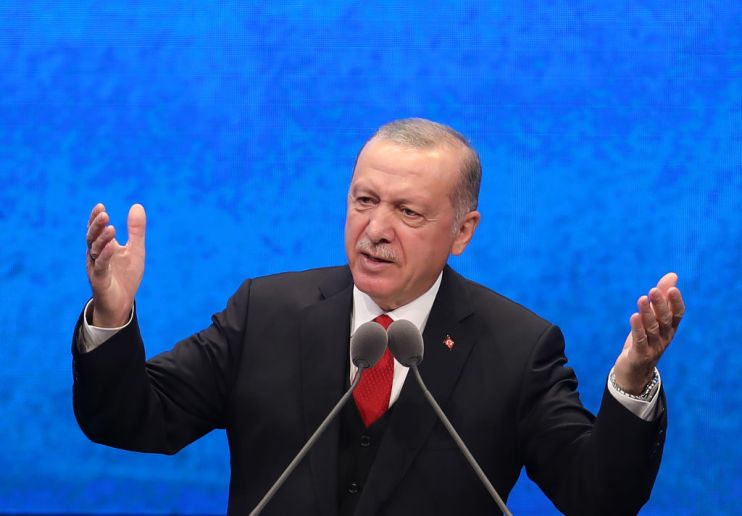Turkey passes controversial law to regulate social media content

Turkey today passed a law which allows the government to control social media platforms, despite strong criticism that it will increase censorship in the country.
The law requires foreign social media sites to appoint representatives based in Turkey to address authorities’ concerns over content.
Officials can set deadlines for removal of material they take exception to, and take punitive measures against companies such as fines, ad blocking and having access to bandwidth cut by up to 90 per cent.
The bill was supported by President Tayyip Erdogan’s ruling AK Party, which has a majority with an allied nationalist party. The assembly began debating the new legislation yesterday, with its passage declared by parliament on Twitter this morning.
Social media usage in Turkey is already heavily policed, with many Turks being charged for insulting Erdogan or his ministers, or criticising its handling of coronavirus.
Erdogan has repeatedly criticised social media and said a rise of “immoral acts” online in recent years was due to lack of regulations.
Presidential spokesman Ibrahim Kalin said the bill would not lead to censorship but would allow Turkey to establish commercial and legal ties with the social media platforms.
Turkey was second globally in Twitter-related court orders in the first six months of 2019.
Ahead of the bill’s passage, a spokesperson for the UN High Commissioner for Human Rights said the draft law “would give the state powerful tools for asserting even more control over the media landscape”.